By futureTEKnow | Editorial Team
In the heart of the ever-evolving realm of healthcare, a silent revolution is taking place, driven by the unceasing march of technology. It is the dawn of a new era in medicine, where the fusion of data and intelligence is transforming patient care and reshaping the entire healthcare landscape.
Artificial Intelligence (AI) has emerged as the vanguard of this transformation, rewriting the rules and redefining possibilities. Across the healthcare spectrum, from the tiniest clinics to towering medical institutions, AI is quietly but profoundly changing the way healthcare is delivered.
With the precision of a surgeon’s scalpel and the boundless capacity of an infinite library, AI is ushering in an era of unprecedented advancements in diagnostics, treatment, and patient safety. But what precisely are these advancements, and how are they impacting the lives of patients and healthcare professionals? The future of healthcare is here, and artificial intelligence is at its heart.
Artificial Intelligence (AI) in healthcare isn’t a distant dream; it’s a reality with a significant impact and the applications are diverse and continually expanding. Some key key ways AI is impacting healthcare include:
AI is revolutionizing medical diagnosis and imaging, enhancing healthcare outcomes. This cutting-edge technology analyzes X-rays, MRIs, and CT scans with remarkable accuracy, enabling:
AI is revolutionizing drug discovery and development, accelerating the creation of new treatments. Key benefits include:
Virtual patient care represents a transformative approach to healthcare delivery powered by artificial intelligence. This innovative method leverages advanced technologies to provide remote, personalized, and efficient medical support to patients across various settings.
Artificial Intelligence is revolutionizing administrative efficiency in healthcare, streamlining operations and reducing workload for medical professionals. AI-powered solutions are transforming healthcare administration by:
Artificial Intelligence is revolutionizing healthcare by enabling personalized treatment plans, tailoring medical interventions to individual patient needs. This advanced approach leverages AI’s powerful data analysis capabilities to optimize patient care and improve outcomes. Key benefits of AI-driven personalized treatment plans include:
Patient trust in AI-powered healthcare remains a complex and evolving issue. Recent studies indicate a significant divide in public opinion, with more than half of patients expressing reservations about AI-driven medical advice. While many recognize AI’s potential to improve diagnostic accuracy and treatment efficacy, concerns persist regarding data privacy, reduced face-time with physicians, and the technology’s reliability.
Interestingly, patient acceptance of AI increases when healthcare providers explain its use and benefits, highlighting the crucial role of human oversight and communication in building trust. As AI continues to transform healthcare delivery, addressing these trust issues through education, transparency, and demonstrated benefits will be essential for widespread adoption and optimal patient outcomes.
Artificial Intelligence (AI) is revolutionizing healthcare, but it’s unlikely to completely replace doctors in the foreseeable future. While AI has shown impressive capabilities in areas like medical imaging analysis, disease diagnosis, and treatment planning, it’s designed to complement rather than substitute human expertise. The future of healthcare lies in physician-machine collaboration, where AI augments clinical decision-making and automates routine tasks, allowing doctors to focus on complex patient care, empathy, and critical thinking.
This synergy between human intelligence and AI has the potential to improve diagnostic accuracy, streamline workflows, and enhance overall patient outcomes. However, the irreplaceable human elements of healthcare, such as compassion and nuanced judgment, ensure that doctors will remain essential in providing comprehensive, patient-centered care.
As we look to the future of healthcare, the role of artificial intelligence stands out as a beacon of hope and innovation. AI has the potential to enhance patient care, streamline operations, and make healthcare more accessible to everyone.
While the technology is exciting, it’s important to remember that at its core, healthcare is about people. The ultimate goal of integrating AI is not to replace human touch but to empower healthcare professionals to provide even better care.
futureTEKnow is a leading source for Technology, Startups, and Business News, spotlighting the most innovative companies and breakthrough trends in emerging tech sectors like Artificial Intelligence (AI), immersive technologies (XR), robotics, and the space industry. Since 2018, futureTEKnow has evolved from a social media platform into a comprehensive global database and news hub, delivering insightful content that connects entrepreneurs, investors, and industry professionals with the latest advancements shaping the future of business and technology.

Paris-based Tandem raises $3.8M to advance its AI-driven team collaboration platform, aiming to streamline workflows and empower remote and hybrid teams with smarter productivity tools.
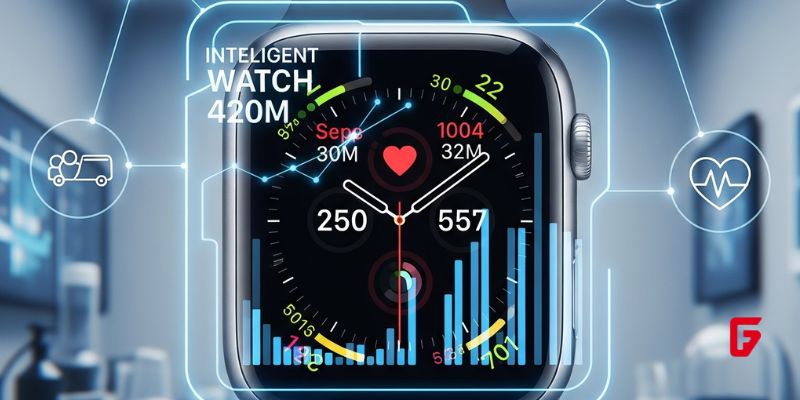
Apple’s new AI model leverages Apple Watch behavior data—like activity, sleep, and mobility—to deliver more accurate, early health predictions and insights.

Microsoft is investing $4 billion in Elevate, aiming to train 20 million people worldwide in AI skills. The program offers accessible education, credentials, and global partnerships to prepare the workforce for an AI-driven future.

Discover how the AI boom is pushing the U.S. power grid to its limits, raising energy costs and prompting urgent upgrades in infrastructure and policy.
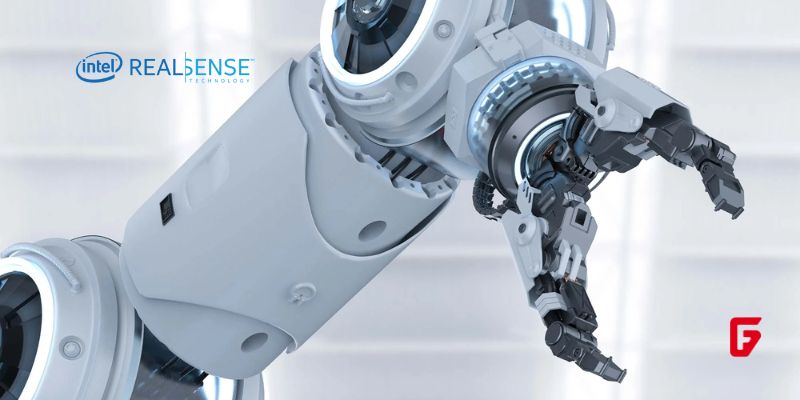
After spinning out from Intel, RealSense secures $50 million in funding to accelerate advancements in AI vision and robotics. Learn what this means for the future of automation and intelligent systems.

Amazon Web Services will debut its Agentic AI Marketplace next week, featuring Anthropic’s advanced AI. Learn how this move could reshape enterprise AI adoption and innovation.
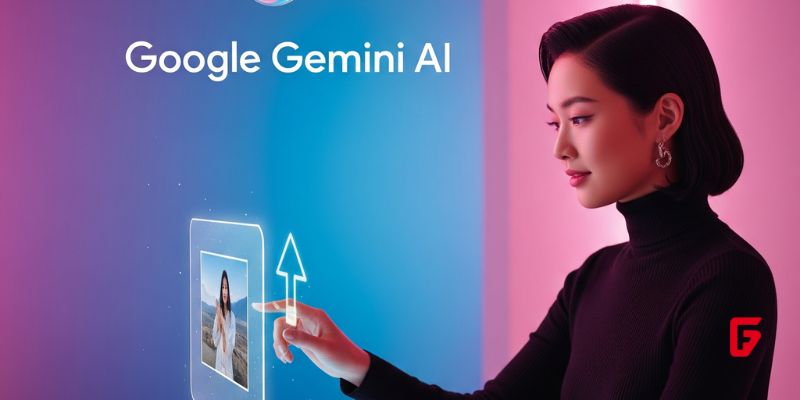
Google Gemini AI introduces a photo-to-video feature, enabling users to create dynamic 8-second video clips with sound from images. Available for Ultra and Pro subscribers, this tool is powered by Veo 3 and brings new creative possibilities for content creators.
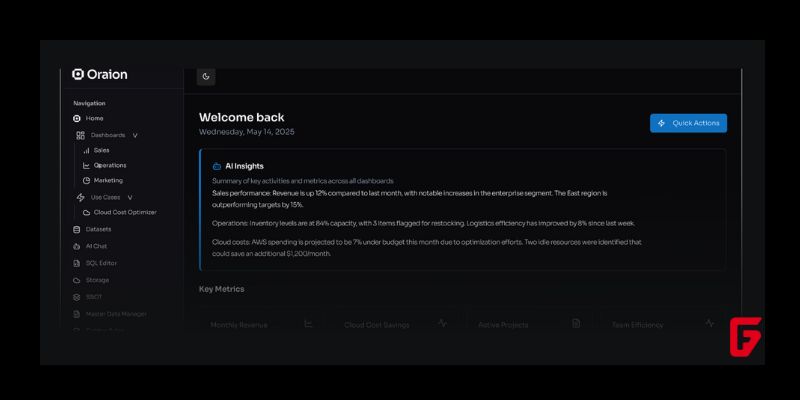
Irish AI startup Oraion has raised €2.9 million in pre-seed funding to expand into the U.S. market and accelerate development of its enterprise automation platform.

Discover how rapid AI advancements may soon replace traditional jobs, disrupt global economies, and drive the need for new income models like UBI.
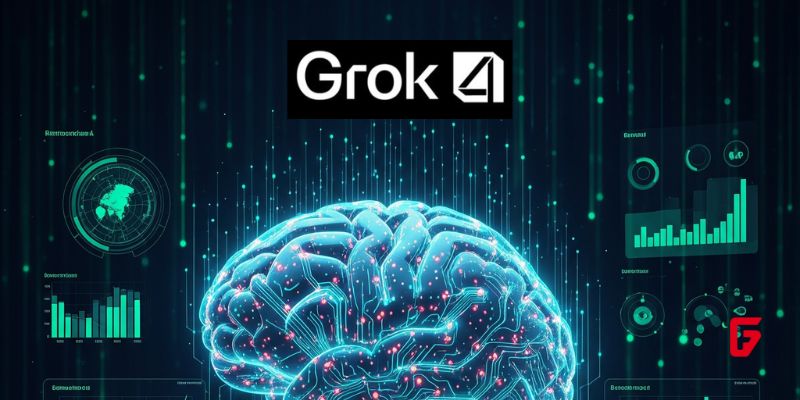
xAI’s Grok 4 is redefining artificial intelligence with breakthrough reasoning, top benchmark scores, and new multimodal capabilities—outperforming industry leaders.

Discover how Deepinvent’s AI Innovator compresses R&D from years to minutes, empowering innovators to create breakthrough inventions and accelerate progress across industries.

Coca-Cola’s AI-driven demand forecasting pilot achieved a 7-8% sales surge by combining historical data, weather, and geolocation for smarter inventory decisions. Learn how this tech is reshaping retail.
futureTEKnow is focused on identifying and promoting creators, disruptors and innovators, and serving as a vital resource for those interested in the latest advancements in technology.
© 2025 All Rights Reserved.
To provide the best experiences, we use technologies like cookies to store and/or access device information. Consenting to these technologies will allow us to process data such as browsing behavior or unique IDs on this site. Thanks for visiting futureTEKnow.